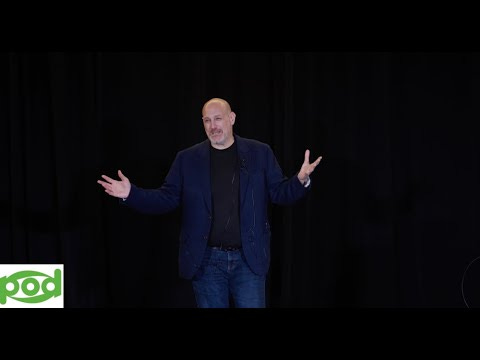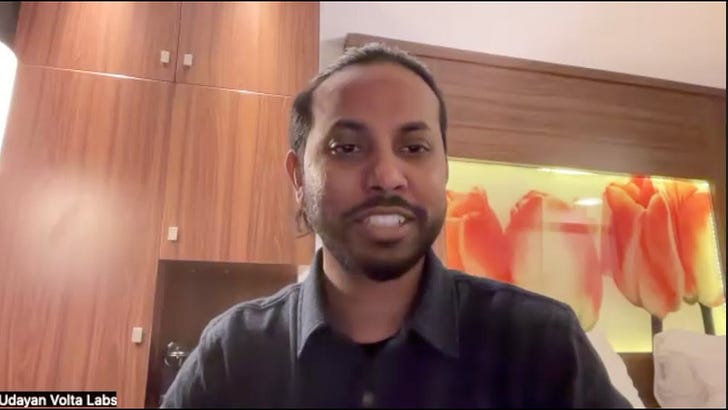Inventor Mark Kokoris on Roche’s New Sequencing by Expansion
Description
The biggest story in sequencing this year lives up to the hype. Mark Kokoris, head of SBX sequencing at Roche and inventor of the technology, joins Mendelspod to talk about how Sequencing by Expansion (SBX) works and why it may redefine the limits of genomics.
* 0:00 A long journey inspired by PCR
* 7:20 What is sequencing by expansion?
* 14:00 On scale and accuracy
* 19:40 Multi-omics vision?
* 24:40 What will be the killer app?
* 30:00 Biggest challenge for launch
Kokoris recounts the long path from co-founding Stratos Genomics in 2007 to Roche’s acquisition in 2020, when his team’s “wildly ambitious chemistry” finally found its match in Genia’s high-density nanopore platform. “Our approach to efficiently sequencing DNA,” he explains, “is to not sequence DNA. We rescale the problem—expand the molecule about 50-fold—so we can read it with much higher signal-to-noise.”
The result is astonishing speed. Working with the Broad Institute and Boston Children’s Hospital, SBX delivered whole-genome results in under four hours, with the sequencing step itself taking only about 15 minutes. Kokoris attributes the achievement to a confluence of chemistry and compute.
SBX’s duplex mode achieves Illumina-level accuracy (F1 > 99.8 %) while maintaining single-molecule simplicity. Its tunable flexibility lets small labs run a handful of samples in hours or large centers run thousands per day. Kokoris describes it as a technology built on impatience and rule-breaking, designed to give scientists options they’ve never had.
Looking ahead to the 2026 research-use launch, he’s characteristically bold:
“For me, success means SBX becoming the new standard in sequencing. Innovation can’t stop—it has to keep evolving, because biology is complex and we’ve got a lot more to do.”
This is a public episode. If you'd like to discuss this with other subscribers or get access to bonus episodes, visit www.mendelspod.com/subscribe






















